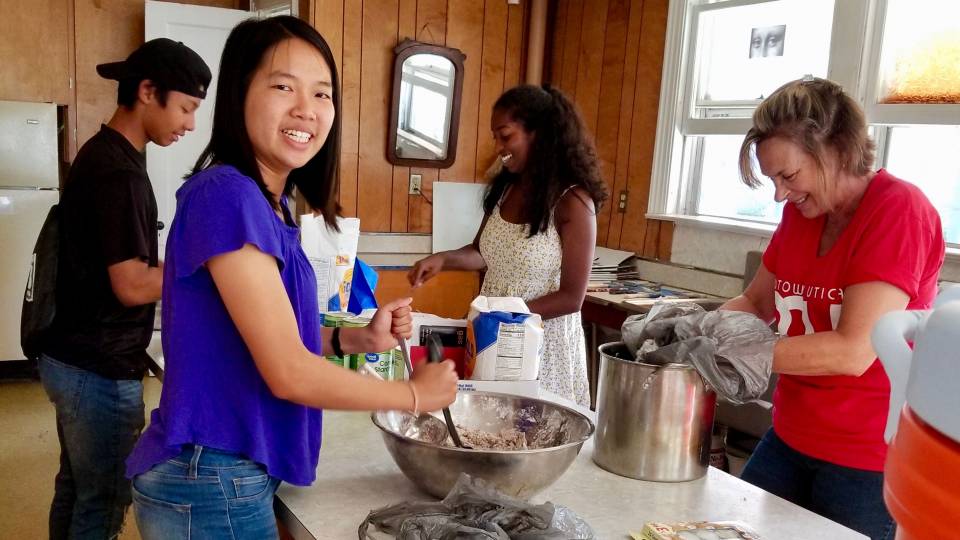Students at Princeton University spent their summer interviewing resettled refugees and collecting stories for an oral history archive. The internship experience was part of the Office of Religious Life’s larger “Religion and Resettlement Project” which aims to create a better understanding of and response to the role of religion in the lives of refugees as they resettle in the United States.
Many refugees emphasized their faith as a source of strength and comfort during difficult transitions. Religion not only ties them to the homes they left behind but often provides community in the U.S., where they seek to build new lives.
This summer, 14 Princeton students practiced the art of active listening. As interns involved in an oral history project designed to capture the experiences and personal narratives of resettled refugees across the U.S., they were immersed, as one student described, in “the landscape of immigration.”
As part of the Office of Religious Life’s (ORL) Forced Migration Internship Program, Gabriela Rivera, Class of 2020, interviewed resettled refugees in Boston. In Christ Church, Virginia, Simone Wallk, Class of 2021, spoke with refugees who entered the country with a Special Immigrant Visa (SIV), which grants legal status to those who worked for the U.S. military and were persecuted in their country of origin. Irene Hsu, Class of 2020, conducted interviews in Utica, New York, where foreign-born residents constitute nearly 20% of the population, including refugees from Bosnia, Myanmar and Vietnam, among other countries. Others volunteered in North Carolina, Georgia, New York state and elsewhere.
The internship program is one component of ORL’s Religion and Resettlement Project (RRP). Launched in fall 2018, RRP is a three-year national program that aims to create a better understanding of and response to the role that religion plays in the lives of refugees as they resettle in the United States. It is primarily funded by the Henry Luce Foundation and co-chaired by the United States Conference of Catholic Bishops (USCCB). Although the majority of refugees identify as religious, and faith-based organizations have resettled the majority of refugees historically and presently in the U.S., no systematic studies have yet addressed the rich interplay of faith and forced migration.





